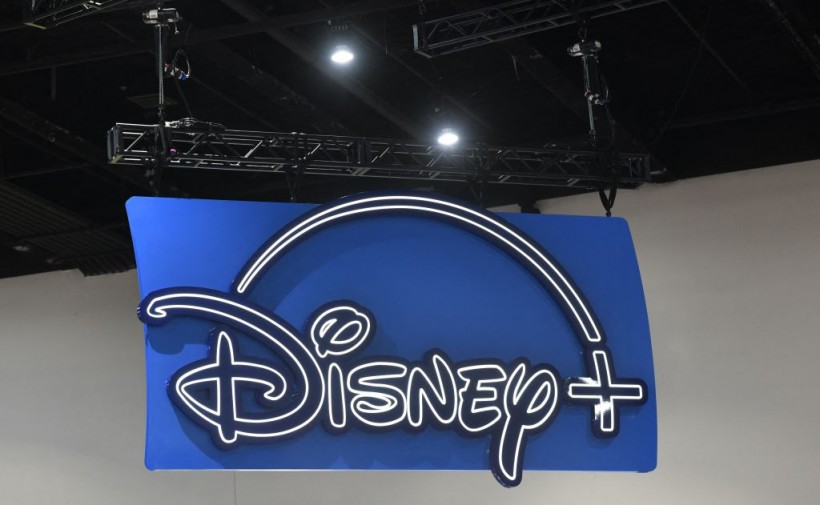Disney is closely observing Netflix's strategies, contemplating the feasibility of curbing account sharing as a countermeasure against streaming losses. However, for the time being, Disney is relying on the tried-and-true tactic of implementing significant price increases on its streaming services.
Both Disney+ and Hulu are set to undergo price hikes for ad-free streaming options. The cost of Disney+ without ads will rise by an additional $2, reaching $14, while Hulu's ad-free version will see a $3 increase, bringing it to $18. These price adjustments are slated to take effect on October 12th.
Disney is Going After Password-Sharing

In an effort to navigate these changes, Disney is introducing a new offering called "Duo Premium." This bundle, encompassing ad-free Disney+ and Hulu, will be available starting September 6th at a monthly rate of $20.
As a consequence, this new bundle will essentially replace the existing "Trio Premium'' package, which includes ad-free Disney+, Hulu, and ESPN+. However, the revamped Trio Premium will witness a price escalation to $25 per month by October 12th, Gizmodo reports.
Despite these price hikes, Disney CEO Bob Iger appears to be pointing fingers at users who share accounts with friends and family members. During a recent call, Iger emphasized that the extent of password sharing was "significant." He revealed that the company is contemplating measures to deter password sharing by 2024.
The streaming landscape at large is undergoing an inflation of costs, and Disney's flagship platform has not remained immune to these shifts.
In February, the company experienced a loss of nearly 2.4 million subscribers, largely due to the conclusion of Hotstar, which catered to millions of Indian cricket enthusiasts.
Furthermore, the company witnessed a dip of 12.5 million Hotstar subscribers, coupled with a slight decrease of 300,000 subscribers in the U.S. and Canada. However, the international market witnessed an increase in subscriber numbers, and Hulu's streaming metrics remained relatively stable.
Disney also reported a modest rise in the average monthly revenue per paid customer, attributed to elevated per-advertiser revenue for Disney+ and Hulu.
In a contrasting move, Netflix has implemented stringent restrictions on account sharing in certain regions like Canada, New Zealand, Portugal, Spain, and several Latin American countries. Although Netflix has signaled intentions to address account sharing in the U.S., the company has yet to fully enforce these measures.
Related Article: Disney's New Streaming Platform is Coming by End of 2023, Bringing Disney+ and Hulu Offers
Disney Sees Netflix as a Role Model in Account-Sharing Policy
Netflix's approach seems to have yielded significant results, even without complete implementation. Data from analytics firms like Antenna revealed a 102% surge in daily account sign-ups after Netflix sent out its notable "Update on sharing" email.
Furthermore, Netflix's second quarterly earnings report for 2023 indicated a substantial addition of nearly 6 million subscribers during their crackdown on account sharing. Co-CEO Greg Peters expressed confidence that the account-sharing restrictions are proving effective across all regions.
For stakeholders and investors, the topic of password sharing holds promise, as it presents an avenue relatively untapped in the streaming industry, avoiding near-saturation.
On the flip side, there's the realm of ad-based subscriptions. With price hikes and the phasing out of certain subscription tiers in favor of ad-free alternatives, streaming companies are strategically encouraging more users to opt for cost-effective plans while accommodating easily monetizable ads.










